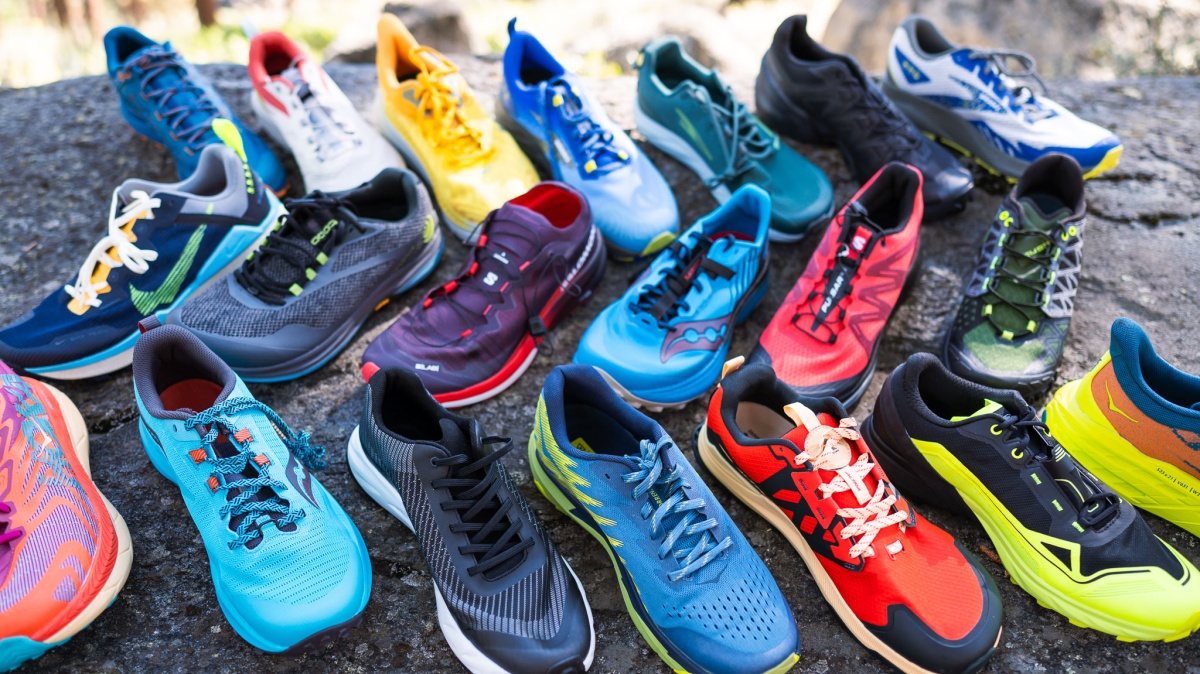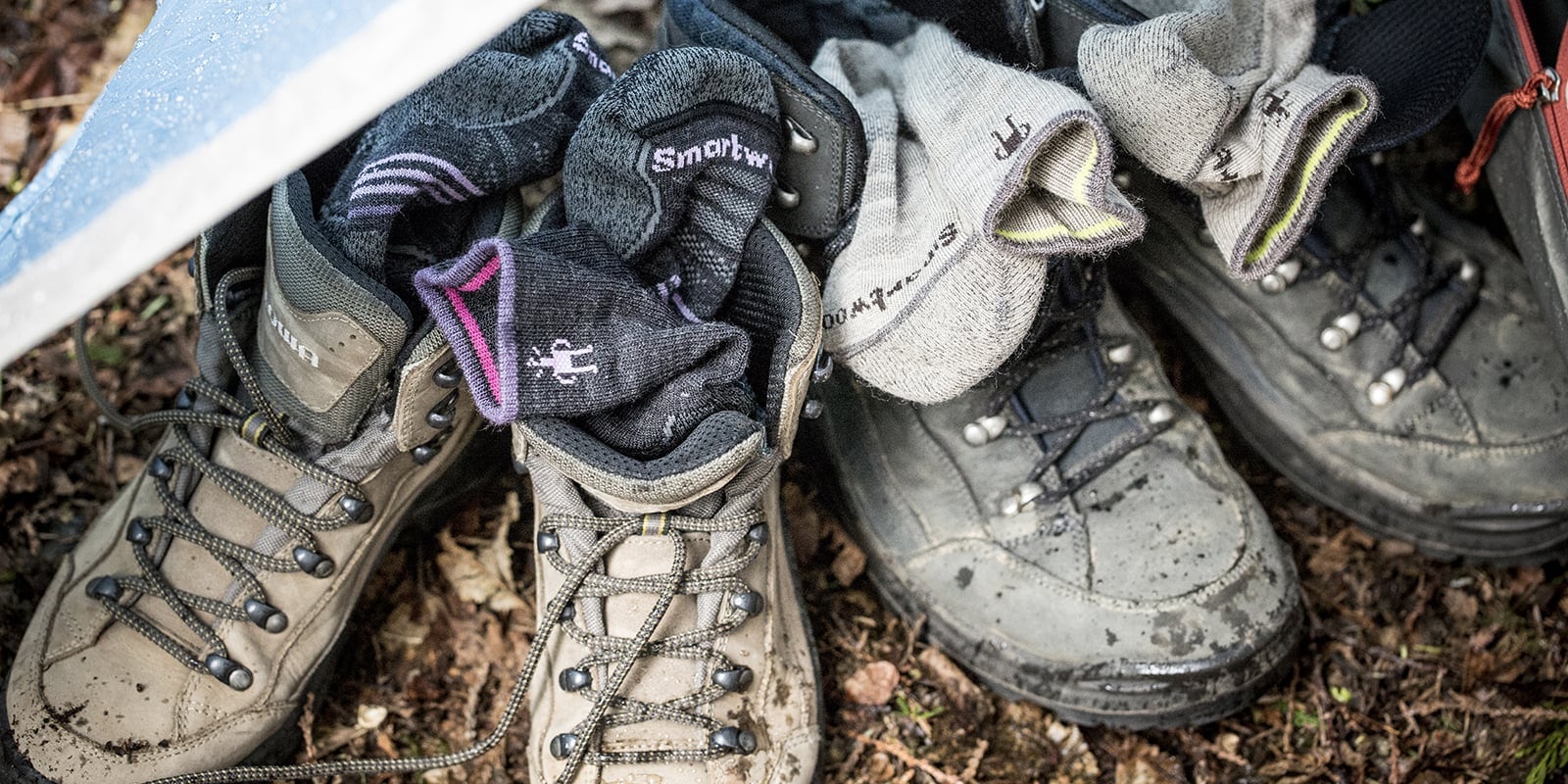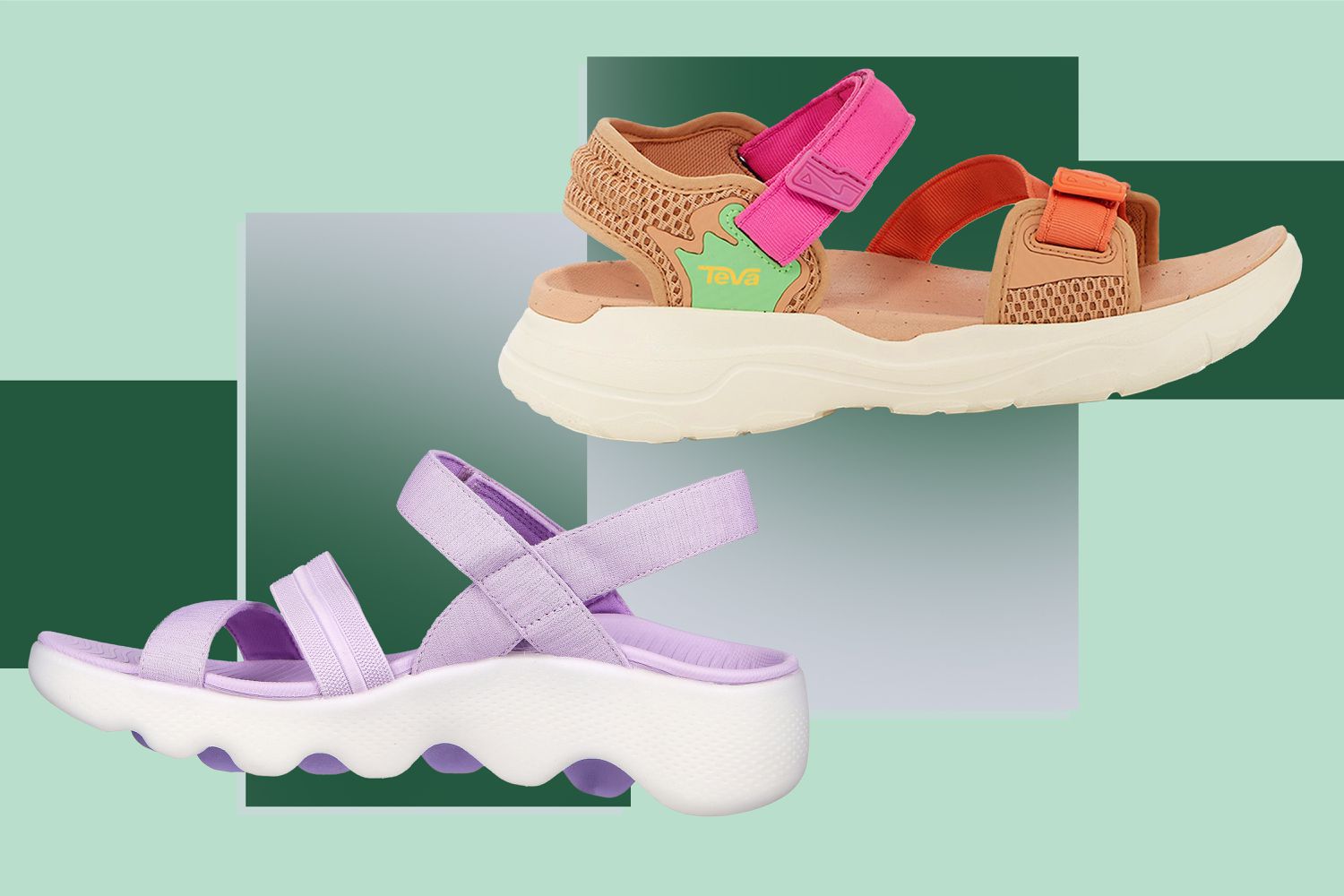Best Women’s Shoes for Hiking: The best women’s hiking shoes include On Women’s Cloudtrax, Columbia Women’s Crestwood, and Merrell Women’s Alpine Hiker. These shoes offer comfort, durability, and traction, making them ideal for various terrains and trail conditions.
If you’re looking for reliable hiking shoes, consider these options to enhance your outdoor experience. With sturdy construction and supportive features, these shoes prioritize both functionality and style, offering a dependable choice for your hiking adventures. Understanding the importance of comfortable and durable footwear, the best women’s hiking shoes prioritize comfort, support, and traction, providing a reliable option for outdoor enthusiasts.
Whether you need shoes for technical trails, waterproof capabilities, or versatile performance, the right pair can enhance your hiking experience & keep you comfortable on the trail.

Credit: www.outdoorgearlab.com
Choosing The Right Women’s Hiking Shoes
When it comes to picking the proper hiking boots for women., it’s essential to consider several factors that can significantly impact your hiking experience. From understanding the different types of hiking shoes to finding the perfect fit, each aspect plays a crucial role in ensuring comfort, support, & performance on the trails. Let’s delve into the essential elements to keep in mind when selecting the best women’s hiking shoes.
Consider Your Hiking Style
Before purchasing women’s hiking shoes, it’s important to assess your hiking style. Are you a casual hiker who enjoys leisurely walks on well-maintained trails, or do you prefer challenging terrains such as rugged mountains or rocky paths? Understanding your hiking preferences will help determine the level of support, traction, and durability required for your shoes.
Understand The Different Types Of Hiking Shoes
There are various types of hiking shoes designed to cater to different terrains and activities. From hiking sandals and low-cut shoes to mid-cut and high-cut boots, each type offers distinct features to accommodate specific hiking conditions. Familiarizing yourself with these variations will enable you to select the most suitable option for your adventures.
Determine The Importance Of Waterproofing
When venturing into wet or unpredictable weather conditions, the waterproofing capability of hiking shoes becomes essential. Assess the need for waterproofing based on the climate and terrain you’ll encounter during your hikes. Keep in mind that waterproof shoes provide added protection against moisture, ensuring your feet remain dry and comfortable throughout the journey.
Finding The Perfect Fit
Ensuring the perfect fit is paramount when selecting women’s hiking shoes. An ill-fitting shoe can lead to discomfort, blisters, and potential injuries during long hikes. Prioritize trying on the shoes and paying attention to the fit around the toes, heel, and arch support to guarantee a snug and comfortable feel without any pressure points.
Considering The Weight And Breathability
In addition to fit, weight and breathability play significant roles in enhancing your hiking experience. Lightweight and breathable shoes can help reduce fatigue and provide adequate ventilation, preventing your feet from feeling overheated or sweaty during extended treks. Be sure to consider these factors when narrowing down your options for women’s hiking shoes.

Credit: www.rei.com
Best Women’s Hiking Shoes For Backpacking And Technical Trails
When it comes to venturing through rugged terrain and conquering technical trails, having the right pair of hiking shoes is crucial for both comfort and safety. The following women’s hiking shoes are specifically designed to meet the demands of backpacking and navigating challenging terrain.
La Sportiva Spire Gtx
The La Sportiva Spire GTX is a top choice for backpacking and technical trails. With its Gore-Tex waterproof lining and durable build, it provides excellent support and stability on uneven terrain. The Vibram outsole offers exceptional traction, while the reinforced toe cap & heel provide added protection against rocks and roots.
Salomon X Ultra
The Salomon X Ultra is another standout option for women tackling backpacking and technical trails. Known for its lightweight design and precise fit, this shoe offers a stable platform and impressive grip. The Advanced Chassis technology ensures stability and control, making it a reliable choice for challenging hikes.
Oboz Sawtooth
With its supportive midsole and tough construction, the Oboz Sawtooth is well-suited for backpacking and technical terrain. The proprietary BDry waterproof membrane keeps feet dry while allowing for breathability. The Sawtooth’s rugged outsole offers great traction & stability, making it an excellent choice for demanding trails.
Topo Ultraventure
The Topo Ultraventure is a versatile option designed for long-distance comfort and stability on technical trails. With its roomy toe box and durable construction, this shoe provides a secure fit and ample protection. The IMEVA foam midsole and Vibram outsole offer excellent cushioning and traction, making it a reliable choice for extended backpacking trips.
Altra Lone Peaks
The Altra Lone Peaks are favored by many female hikers for their zero-drop platform and wide toe box, promoting a natural foot position and enhanced stability on technical terrain. The responsive midsole and MaxTrac outsole offer reliable traction & comfort, making them a popular choice for backpacking and navigating challenging trails.
Can You Wear Running Shoes For Hiking?
Wearing running shoes for hiking is completely acceptable as long as you consider the terrain and conditions. It’s important to prioritize comfort and support for your feet, so choose the best women’s hiking shoes that meet your needs, whether they’re trail runners or hiking boots.
Wearing the right shoes is essential for a comfortable & safe hiking experience. When it comes to choosing footwear for the hike, many people wonder if they can wear running shoes instead of traditional hiking boots. Running shoes offer lightweight and flexible options, making them an attractive choice for outdoor enthusiasts. In this section, we will discuss the pros of wearing running shoes for hiking, important things to consider, & answer some frequently asked questions.
Pros Of Wearing Running Shoes
Running shoes have several advantages when it comes to hiking. Here are some key benefits of using running shoes on the trails:
1. Lightweight: Running shoes are designed to be lightweight, offering better agility and less fatigue during long hikes. Their lighter construction allows for faster movement and a more comfortable hiking experience.
2. Flexibility: Running shoes provide a greater range of motion compared to traditional hiking boots. This flexibility is especially useful when navigating uneven terrain, allowing your feet to adapt and move more freely.
3. Breathability: Most running shoes are designed with breathable materials, allowing air to circulate & keep your feet cool. This is particularly beneficial during hot weather or strenuous hikes, reducing the risk of sweaty and uncomfortable feet.
4. Versatility: Running shoes are not only suitable for hiking but can also be used for other outdoor activities such as trail running or walking. This versatility makes them a practical choice for those who enjoy a variety of outdoor pursuits.
Things To Consider
While running shoes offer many advantages for hiking, there are a few important factors to consider Before you hit the trail in your favorite pair:
1. Traction: Running shoes may not always provide the same level of traction as hiking boots. Look for running shoes with a durable outsole and multidirectional tread pattern to ensure better grip on different terrains.
2. Protection: Hiking boots typically offer better ankle support and protection against rocks, roots, and other hazards. Running shoes may not provide the same level of stability and impact protection, so be mindful of the trail conditions and choose your route accordingly.
3. Weather Conditions: Running shoes are not always suitable for cold, wet, or muddy conditions. They may lack insulation or a waterproof membrane, leaving your feet susceptible to cold and wetness. Consider the weather forecast and the specific demands of your hike before opting for running shoes.
Faq: Can I Hike In My Running Shoes?
1. Can I use running shoes for hiking?
Yes, you’re allowed to wear running shoes on a hike. However, it’s important to consider the trail conditions, traction, and protection needed for your specific hike. Running shoes are best suited for well-maintained trails with moderate difficulty levels.
2. Are running shoes less expensive than hiking boots?
In general, running shoes tend to be more budget-friendly compared to hiking boots. Nevertheless, depending on the brand, its price might be different, as well as its features and materials. It’s essential to find the best fit for your needs and budget.
Experiences From Hikers
Many hikers have shared their positive experiences wearing running shoes for hiking. The lightweight and comfortable nature of running shoes allows for enjoyable adventures on various trails. However, it’s important to note that personal preferences and individual hiking styles may vary. It’s always a good idea to try different options and find what works best for you.
In conclusion, while running shoes can be a viable option for hiking, there are important considerations to keep in mind. Assess the terrain, weather conditions, and demands of your hike before deciding to wear running shoes. Always prioritize comfort, traction, and protection to ensure a safe & enjoyable experience on the trails.
Hiking Boots Vs. Hiking Sneakers
Discover the best women’s shoes for hiking – whether you choose hiking boots or hiking sneakers depends on the terrain and weather. Boots offer more protection and stability in rugged conditions, while sneakers are lightweight and comfortable for easier trails.
Choose the right footwear to maximize your hiking experience.
Choosing Based On-Trail Conditions
When it comes to choosing the right footwear for hiking, it’s essential to consider the trail conditions you’ll be facing. Different terrains & weather conditions require different types of shoes. Before deciding between hiking boots and hiking sneakers, assess the trail you’ll be conquering.
If you’re planning to hike on rough, rocky, or challenging trails, hiking boots are your best bet. These boots provide excellent ankle support & stability, minimizing the risk of sprains and injuries. On the other hand, if you’ll be hiking on well-maintained and less challenging trails, hiking sneakers can be a suitable choice. They are lightweight, breathable, and flexible, allowing for a more comfortable hike.
Pros And Cons Of Hiking Boots
Hiking boots come with their own set of advantages and disadvantages. Let’s take a closer look at what makes them a popular choice among hikers.
Pros:
– Durability: These boots are made with sturdy materials that can withstand rough trails and various weather conditions.
– Protection: Hiking boots typically have a thicker sole and toe cap, offering extra protection against rocks, roots, and other obstacles on the trail.
– Waterproofing: Many hiking boots come with waterproof membranes or treatments, keeping your feet dry in wet conditions.
Cons:
– Weight: Hiking boots are usually heavier than hiking sneakers, which can be a drawback if you prefer a lighter load on your feet.
– Break-in period: Hiking boots often require a break-in period to soften the materials & mold them to your feet, which can be slightly uncomfortable initially.
– Less breathability: Some hiking boots may not be as breathable as hiking sneakers, potentially leading to sweaty and uncomfortable feet on long hikes.
Pros And Cons Of Hiking Sneakers
Hiking sneakers, also known as trail runners, have gained popularity among hikers for several reasons. Let’s explore the advantages & disadvantages of choosing hiking sneakers for your outdoor adventures.
Pros:
– Lighter weight: Hiking sneakers are significantly lighter than hiking boots, providing a more agile and comfortable hiking experience.
– Breathability: These shoes are designed with breathable materials, allowing for better air circulation and reducing the chances of sweat and discomfort.
– Quick-drying: Many hiking sneakers are constructed with quick-drying materials, making them an excellent choice for wet trail conditions.
– Versatility: Hiking sneakers can double as regular athletic shoes, making them a versatile option that you can use for various outdoor activities.
Cons:
– Limited ankle support: Unlike hiking boots, hiking sneakers often lack ankle support, which can be a concern on challenging or rugged trails.
– Less durability: Hiking sneakers are generally not as durable as hiking boots and may wear out faster, especially if used on more demanding terrains.
– Lack of protection: Due to their design, hiking sneakers may provide less protection against sharp objects or rocks on the trail compared to hiking boots.
Expert Opinions And Recommendations
Ultimately, the choice between hiking boots and hiking sneakers depends on your personal preferences, the trail conditions, and the level of ankle support you require. It’s always a good idea to consult with experts or experienced hikers to get their opinions and recommendations.
Moreover, it’s essential to try on different shoes & take them for a test hike before making a final decision. Everyone’s feet are unique, and finding a pair of hiking shoes that fits you well and ensures comfort is crucial for an enjoyable hiking experience.
In conclusion, weigh the pros & cons of hiking boots and hiking sneakers, considering the trail conditions and your own comfort needs. Remember, the right shoe is the one that keeps your feet happy and helps you confidently conquer the trails!
:max_bytes(150000):strip_icc()/best-walking-shoes-6889252-c5b172ee11554c60adc17a60a3b5142f.jpg)
Credit: people.com
Frequently Asked Questions Of Best Women’s Shoes For Hiking
Which Shoes Are Best For Hiking?
For hiking, choose shoes that provide good traction and ankle support and are comfortable. Look for waterproof and breathable options.
Is It OK to Wear Running Shoes For Hiking?
It’s acceptable to wear running shoes for hiking. However, for rough terrains, supportive and durable hiking shoes are recommended.
Is It Better To Hike In Boots Or Sneakers?
For hiking, it’s better to wear boots in cold and wet conditions as they provide warmth and protection. However, if you’re hiking on a paved nature trail, sneakers can suffice. You can also find waterproof trail-running shoes as an alternative to boots.
Choose what keeps you comfortable on the trail.
What Normal Shoes Are Good For Hiking?
For hiking, comfortable sneakers or breathable trail runners are good options. Some people prefer hiking sandals in hot weather. If you choose leather hiking boots, make sure to break them in. Remember, the most important thing is to wear footwear that keeps your feet happy on the trails.
Conclusion
To find the best women’s shoes for hiking, consider factors such as comfort, durability, traction, & support. Whether you choose hiking boots or trail-running shoes, it’s important to prioritize your own comfort and preferences. Opt for shoes with waterproof features for wet conditions or breathable trail runners for hot weather.
Remember, the right shoe is the one that keeps your feet happy & gets you out on the trail. Happy hiking!

